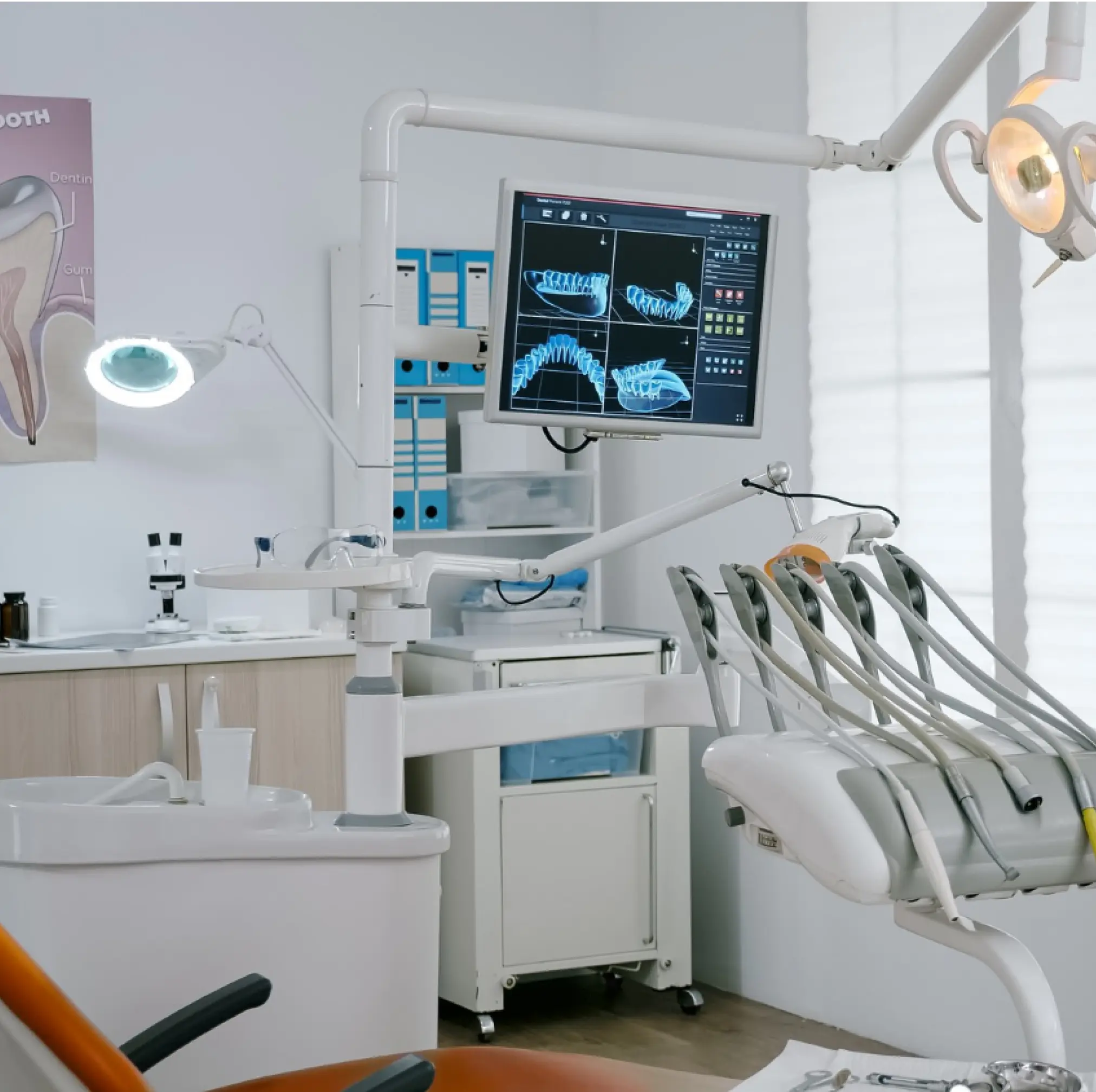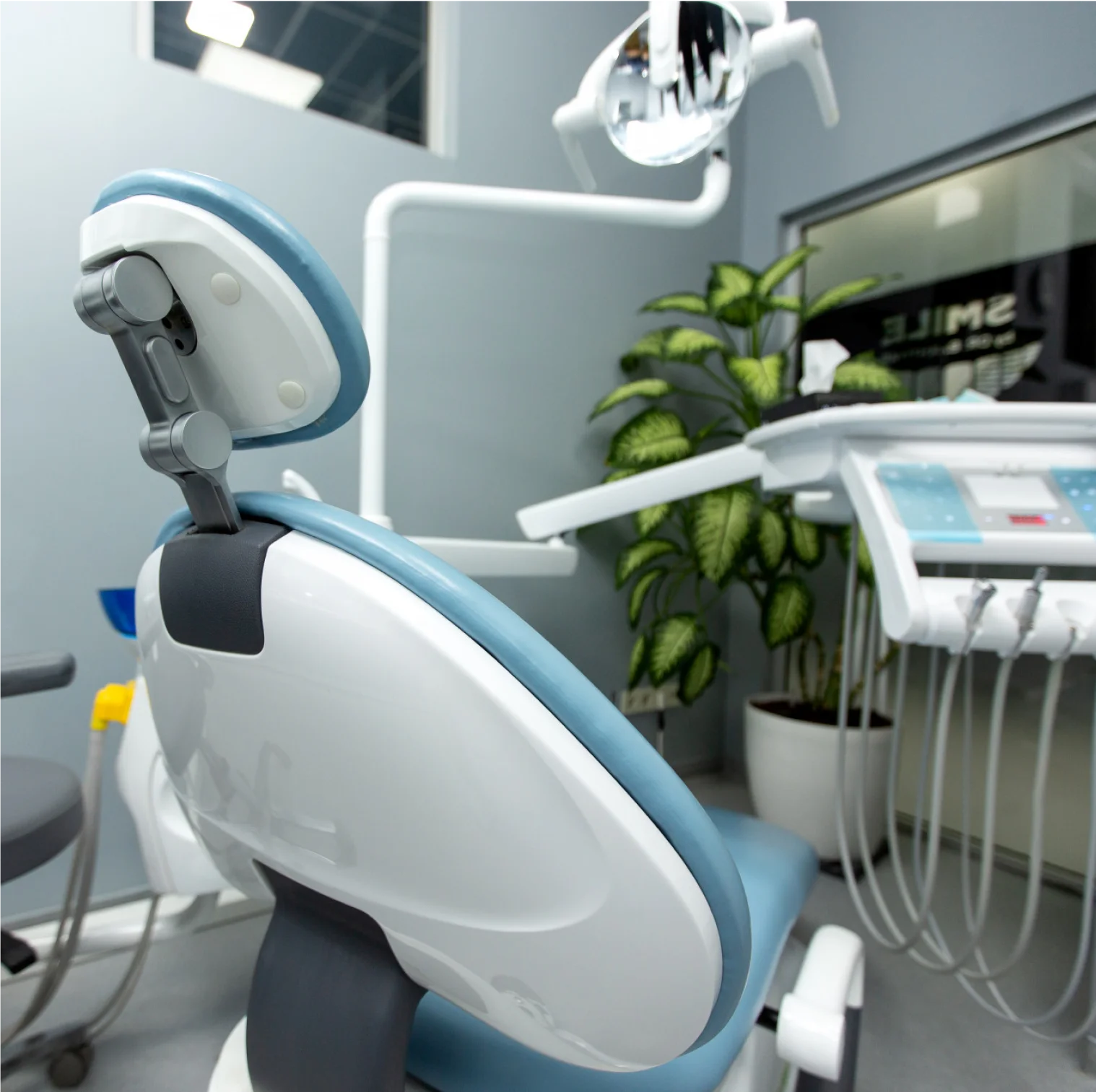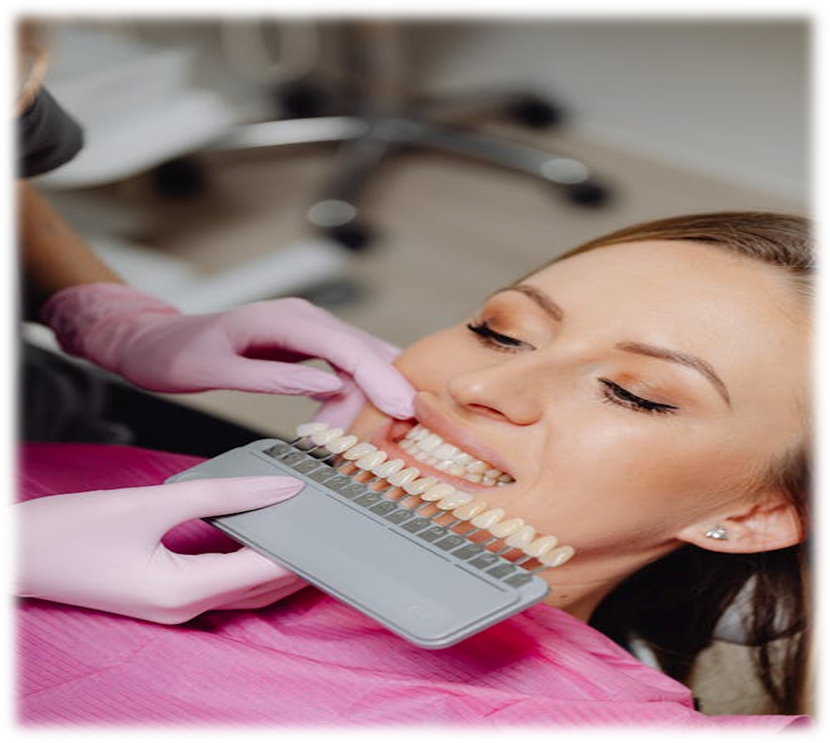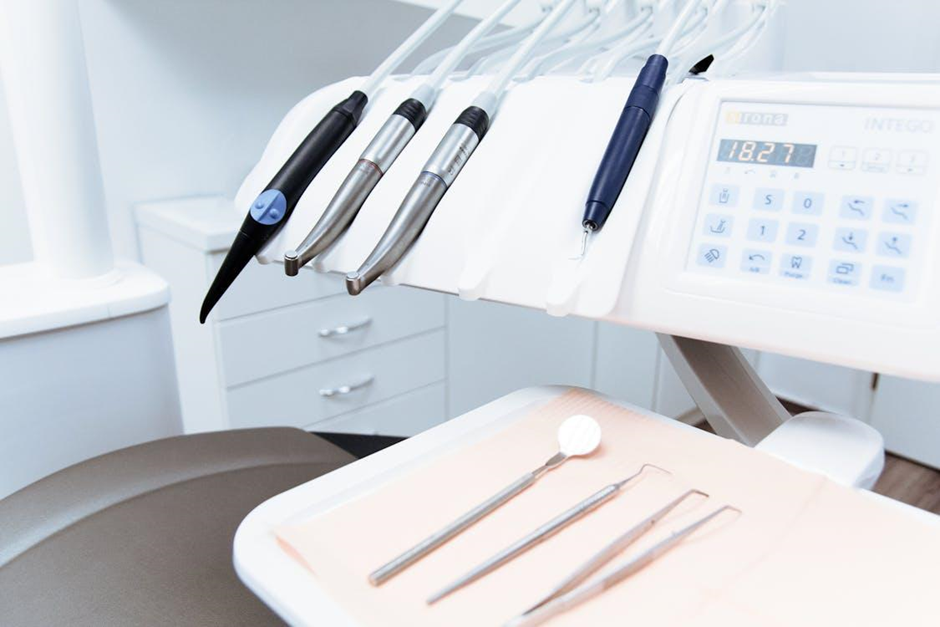The Causes And Complications Of Late Teething In Babies
Pediatric Dentistry

Teething in babies happens between 4 and 15 months of age. Delayed or late teething is normal these days and not a cause for concern until your baby is 15 months old. If the delay is longer than 18 months, you should consult a pediatric dentist, says the American Academy of Pediatrics.
General Baby Teething Schedule
At about seven months of age, your baby’s lower-front row should sport his first teeth. After four months i.e., at 11 months of age, he should ideally have four teeth in his mouth.
From now on, four teeth will be added to the set after every four months, until he turns 27 months old. That means at 15 months, there should ideally be 8 teeth and at 19 months, 12 teeth.
Likewise, at 23 months, your baby will have 16 teeth in his mouth and his last set of milk teeth is likely to appear at 27 months
According to the American Dental Association, typical timelines for the upper teeth eruption are
- Central incisor: 8 to 12 months
- Lateral incisor: 9 to 13 months
- Canine (cuspid): 16 to 22 months
- First molar: 13 to 19 months
- Second molar: 25 to 33 months
Meanwhile, the timelines for the eruption of lower teeth include:
- Central incisor: 6 to 10 months
- Lateral incisor: 10 to 16 months
- Canine (cuspid): 17 to 23 months
- First molar: 14 to 18 months
- Second molar: 23 to 31 months
Causes For Delayed Teething
There are several causes behind late teething in babies ranging from mild to severe. We have tried to list the main causes of this problem
- Genetic: Your baby’s genetic makeup can be a cause for late teething. If either or both of you had this problem as a baby, then don’t be surprised if your baby has it now.
- Premature birth or low birth weight: Premature birth is when a baby is born before 37 weeks of pregnancy. Premature babies have a higher risk of delayed growth and development including delayed eruption. Babies with low birth weight are more likely to have developmental challenges
- Syndromes: Some syndromes like Down Syndrome Apert Syndrome can cause a delayed eruption of teeth.
- Fibrosis: Fibrosis is a condition of having thick gums that prevent teeth from erupting. This causes a delay in teeth eruption to some extent.
- Lack of nutrition: Inadequate nutrition can hamper the growth of bones and tissues in children. This happens when your baby is not provided with adequate breast milk or formula milk with vitamins and calcium.
- Hormones: Insufficient hormone production by the thyroid and pituitary glands can affect your baby’s overall growth and development resulting in delayed teething.
- Diseases and medication: Diseases affecting the immune system such as anemia, cancer, HIV, and certain medications like chemo and phenytoin are also linked to delayed teething in babies.
- Injuries: Accidental injury in the jaw bone can damage the tooth buds inside the gums causing delayed or no teething.
- Impacted teeth: Sometimes teeth can get stuck in the gums due to lack of space, the presence of a cyst or tilted position, which can cause a delay in eruption.
Complications Of Late Teething
Some of the serious complications of late teething in babies are:
- Deformed jawbones and asymmetrical face: Delay in teeth eruption can gradually cause the jaw bone to shrink, which can lead to facial sagging.
- Crooked permanent teeth: Delayed eruption of milk teeth can obstruct the growth of the permanent teeth. This can cause crooked permanent teeth.
- Delay in chewing food: Late teething makes your baby incapable of chewing foods at the right time.
- Hyperdontia: Known as supernumerary teeth, this is a condition where your baby has more than the required number of teeth. You will notice two sets of teeth, both the milk and permanent coming up parallelly.
- Formation of cysts: The permanent tooth can get impacted to the extent of damaging tissues and forming cysts.
Delayed teething also forewarns the possible dental cavities your baby is likely to suffer from in his growing years. Avoid these complications by consulting a pediatric dentist in Dubai without fail.
Understand the importance of timely orthodontic checkups for children in our blog on Right Age For A Child’s First Orthodontist Visit
For more get our consultations
Locations: Dental Clinic In Mirdif & Dental Clinic In Oud Metha
Book an Appointment With Your Doctor NOW!
Ready for a brighter smile? Schedule your appointment with Dr. Paul’s Dental Clinic today and experience exceptional dental care.



 Dr. Bobby Paul
Dr. Bobby Paul 

